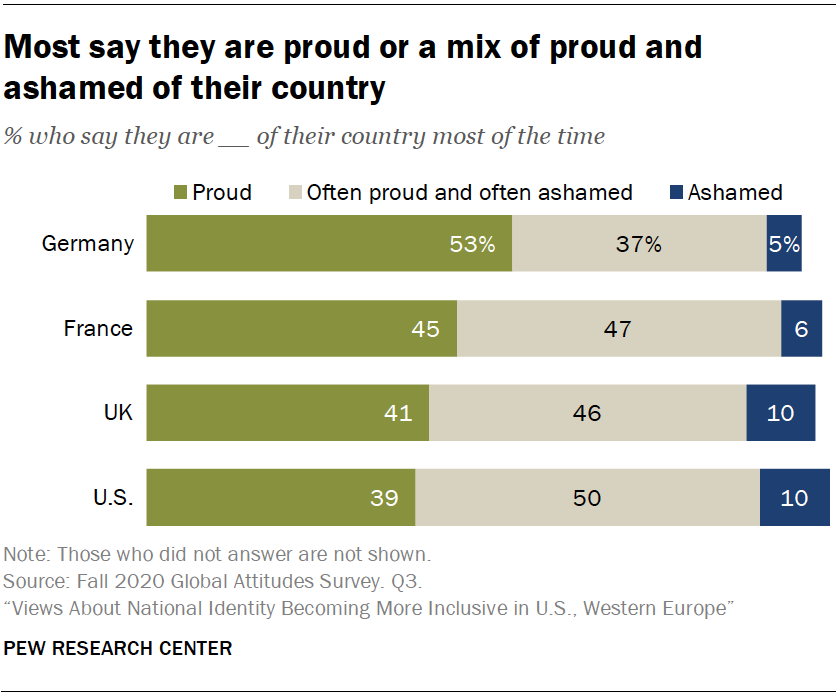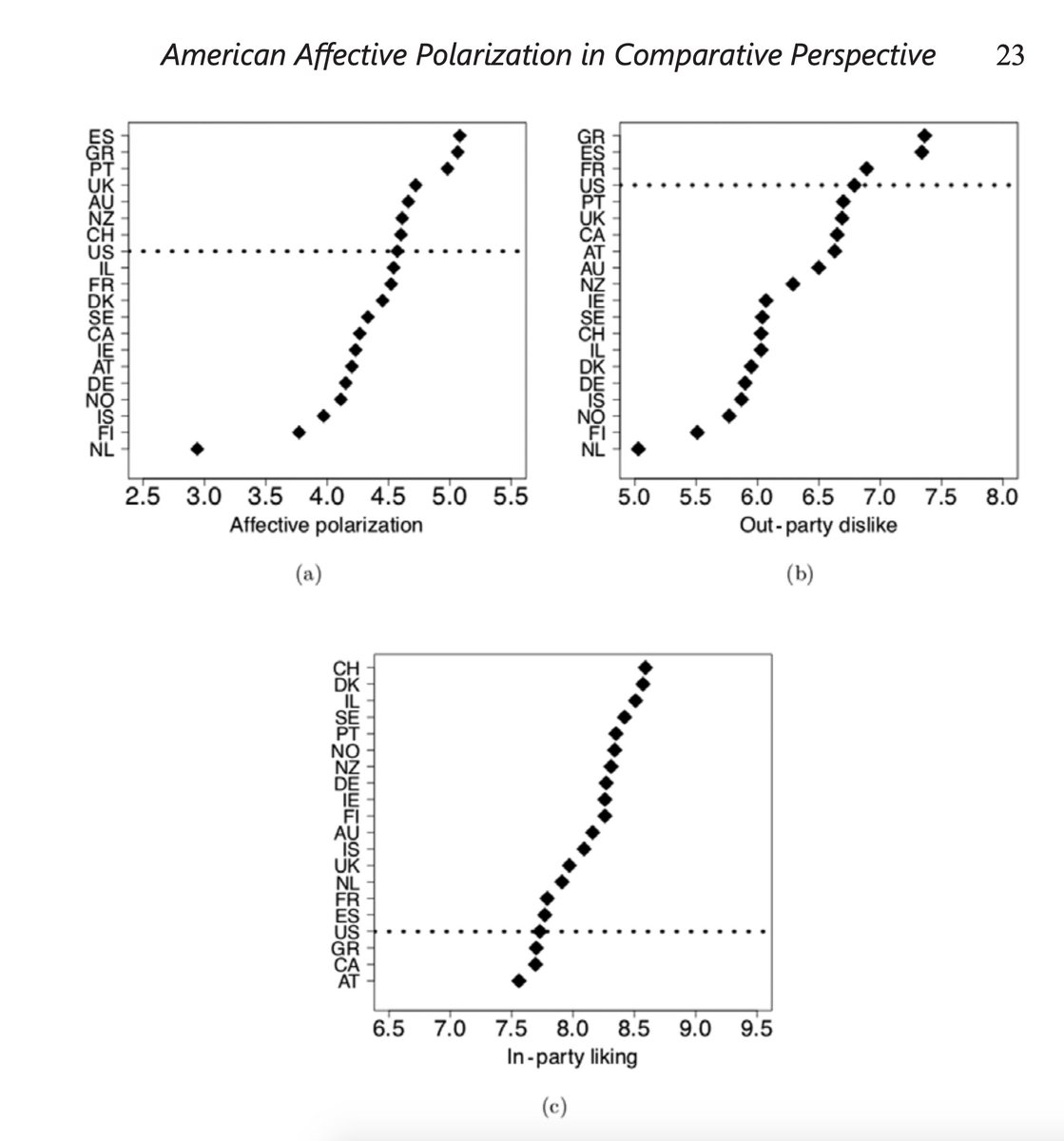
Today @BORUSG is going to effectively end tenure for all public colleges and universities in Georgia, including my own @universityofga
Let me try to explain what tenure is and why it is important to how academia works. 🧵
Let me try to explain what tenure is and why it is important to how academia works. 🧵
https://twitter.com/AAUP/status/1448069177244221441
1. Let me start by saying that I will not make a moral argument for tenure. Clearly, I support it, and think it is crucial for academia, but there is a moral question why some people have ob security and others do not (particularly in US context).
2. In the simplest terms, tenure means job protection. It means you have a "job for life" barring exceptional circumstances -- such as, your university/department goes bankrupt, you are involved in (serious) criminal activities.
3. It is meant to protect academic freedom, i.e. to ensure that academics can research whatever they want and come to whatever conclusion science leads them to. Even if it upsets power people, like @GovKemp and @BORUSG
4. Without this protection, any research that could challenge the status quo, and thus the 'establishment', would be risky for academics.
5. Not to risk your job, academics would stay away from these topics, which mean that major scientific breakthroughs in pretty much all fields wo;; be less likely (as they upset the status quo and cost powerful people influence and money).
6. Many people, both insider and outside of academia, (seem to) think that it is particularly outspoken left-wing Humanities & Social Sciences profs that are at risk, as they are most visible in political debate -- the so-called "cultural Marxists".
7. This stereotype is one of the reasons, I think, why (right-wing) public opinion is increasingly hostile to academia and tenure.
That and the famous "deadwood", tenured professors who do nothing but get handsomely paid until they die.
That and the famous "deadwood", tenured professors who do nothing but get handsomely paid until they die.
8. Regarding the latter, no one denies deadwood exists in academia. As they do elsewhere. But I have not seen any serious studies of the extent of this problem, at universities in Georgia or more broadly. It is simply assumed/asserted to be a big problem!
9. So, who is really pressured by powerful external interests? We don't know too much about it, as only a small part is reported -- and there is probably a bias in who reports, making it not very representative.
10. There are, of course, several cases where outspoken Humanities and Social Sciences professors with strong left-wing AND right-wing have been threatened with termination. In some cases they actually have been fired.
11. Important note: tenure does not mean you cannot be fired. Everyone can be fired. It merely means you have a good legal case to challenge your dismissal and win a financial settlement (or reinstatement, but that would be in a hostile work environment).
12. Going back to who is targeted. People who threaten powerful interests! And they often work in the sciences. For instance, scholars of climate change have been harassed and threatened for years.
13. Also, threats do not just come from politicians, they come from donors -- which are businesses and rich individuals/foundations.
14. As public financing of academia has plummeted in the last decades, universities (also public ones) have become more and more dependent upon private donors. And financial dependence creates power inequalities, which threaten "problematic" academics.
15. Ok, you might say, but the vast majority of academics never get targeted by donors or politicians. True. They don't. So, why would tenure be a bog deal for them? Good question!
16. In countries with little job security, like the US, tenure provides a unique level of security, which compensates for a lot of other things, including (significantly) lower salaries than in the private sector.
17. Without tenure, academia mainly offers more "vacation" -- again, mainly in the US, but there most professionals don't value vacation very much, leaving aside that most academics work during the "vacation period" (yes, really).
18. In many disciplines (from biology to economics) people can earn (far) more money outside of academia. Most academics don't value money over freedom. But if your freedom is no longer protected, the cost-benefit analysis changes.
19. Even in the Humanities and Social Sciences many academics can earn more outside of academia, from public sector jobs to NGOs and think tanks.
20. To be clear, @BORUSG is not going to abolish tenure de jure. More de facto. In other words, tenure still exists on paper, but can be taken away at the behest of the BOR. Most academics will not trust the BOR.
21. So, what will happen?
Georgia universities will have a hard time to attract and maintain academics who have alternatives (academic and non-academic).
To be clear, given how terrible the (academic) job market is, this applies to only minority at the moment.
Georgia universities will have a hard time to attract and maintain academics who have alternatives (academic and non-academic).
To be clear, given how terrible the (academic) job market is, this applies to only minority at the moment.
22. We will see more (junior) academics leave academia, more (productive) senior academics retire early, and more academics leave Georgia's public universities for private universities and public universities outside of Georgia (red states).
23. Many of the people that leave, academia or just Georgia, will be among the more "successful" ones, as that makes them "marketable" -- I don't take a position here on whether "success" is measured correctly.
24. They will be replaced by less "successful" academics. Will they be bad? No. But they will be less "successful" according to the standards set by disciplines, magazines, etc.
25. If anything, this will lead to two very tangible things:
- drop in ranking of Georgia public universities
- drop in research funding that Georgia public universities attract
- drop in ranking of Georgia public universities
- drop in research funding that Georgia public universities attract
26. Sadly, for academics who try to fight politicians, these things don't concern most voters -- even if the latter could significantly effect rural communities, who profit significantly from economic effects of UGA research.
27. Obviously, what happens in Georgia is not an isolated case. If (when) BOR de fact abolishes tenure successfully, other red states will follow suit (Mississippi is already on it). It plays well to both the elites and masses of the GOP.
28. In short, this is very important, and will further strengthen the red-blue state divides, economically and politically. But it will not be perceived as important by the vast majority of people in Georgia or the US. Which is why we were never going to win this fight.
29. Although these actions come from @BORUSG , by direct order of @GovKemp , most university administrations have done little to nothing to stop it and let faculty know they care. Another reason why many faculty will want to leave.
30. As for myself, I know this decision is bad for someone like me. Like most of my colleagues, between this and COVID-19 non-policies, I am well done with UGA and BORUSG. But I also love ATH and (masked) SPIA students. Leaving has definitely become an option. #TheEnd
• • •
Missing some Tweet in this thread? You can try to
force a refresh



















